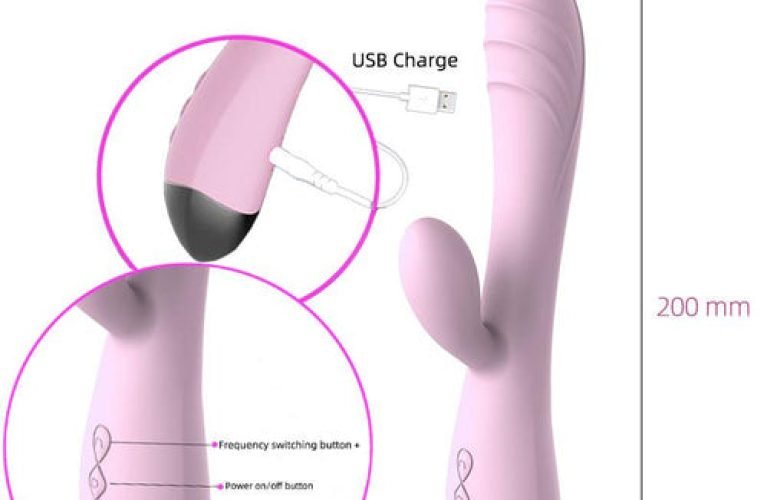
Introduction:
Stainless steel welding electrodes play a vital role in various industries, offering excellent corrosion resistance and high mechanical strength. Among the numerous stainless steel grades available, 316 stainless steel stands out due to its superior properties. In this article, we will delve into the specifics of 316 stainless steel welding electrode, exploring their characteristics, applications, and advantages.
Characteristics of 316 Stainless Steel Welding Electrodes:
316 stainless steel is an austenitic alloy that contains molybdenum, which enhances its corrosion resistance and overall performance. Welding electrodes designed specifically for this alloy offer several key characteristics:
1. Corrosion Resistance:
316 stainless steel welding electrodes exhibit exceptional corrosion resistance, making them suitable for applications in aggressive environments, such as marine, chemical, and food processing industries. They effectively resist pitting and crevice corrosion, even in chlorides and other corrosive media.
2. High Temperature Performance:
These electrodes retain their strength and integrity at elevated temperatures, making them suitable for welding applications involving high heat or prolonged exposure to elevated temperatures. They exhibit good oxidation resistance, minimizing the risk of premature failure in demanding environments.
3. Excellent Weldability:
316 stainless steel welding electrodes are known for their excellent weldability. They offer good flow characteristics, ensuring smooth and stable arc formation during the welding process. This enables welders to achieve consistent and high-quality welds, reducing the likelihood of defects such as porosity or cracks.
Applications of 316 Stainless Steel Welding Electrodes: Due to their outstanding properties, 316 stainless steel welding electrodes find extensive applications across various industries, including:
1. Chemical and Petrochemical Industry:
316 stainless steel electrodes are widely used in the chemical and petrochemical industry for fabricating storage tanks, pipelines, and process equipment. Their resistance to corrosive chemicals and high-temperature environments ensures the durability and longevity of these critical components.
2. Food Processing Equipment:
Stainless steel is the preferred choice in the food industry due to its hygienic properties and corrosion resistance. 316 stainless steel electrodes are commonly used to weld and fabricate food processing equipment, such as storage tanks, mixers, and conveyors, where cleanliness and resistance to food acids are paramount.
3. Pharmaceutical Industry:
The pharmaceutical industry demands materials that can withstand the stringent requirements of sterile environments. 316 stainless steel welding electrodes are frequently employed in the fabrication of pharmaceutical equipment, including reactors, vessels, and piping systems, ensuring the integrity of the manufacturing processes.
Advantages of 316 Stainless Steel Welding Electrodes: Utilizing 316 stainless steel welding electrodes offers several advantages:
1. Enhanced Corrosion Resistance:
The molybdenum content in 316 stainless steel significantly enhances its resistance to corrosion, particularly in chloride-rich environments. This makes it suitable for applications where conventional stainless steel grades may not provide adequate protection.
2. Versatility:
316 stainless steel welding electrodes exhibit excellent overall performance, combining corrosion resistance, high-temperature strength, and weldability. This versatility enables their application in diverse industries, where their properties cater to a wide range of challenging conditions.
3. Longevity and Durability:
By using 316 stainless steel welding electrodes, welded components and structures benefit from the alloy’s inherent strength and corrosion resistance. This enhances their durability and extends their service life, reducing maintenance costs and minimizing the risk of premature failures.
Conclusion:
316 stainless steel welding electrodes are a crucial component in various industries where corrosion resistance, high-temperature performance, and weldability are paramount. Their unique characteristics make them well-suited for applications in aggressive environments, such as the chemical, petrochemical, food processing, and pharmaceutical industries. By choosing 316 stainless steel welding electrodes, industries can









